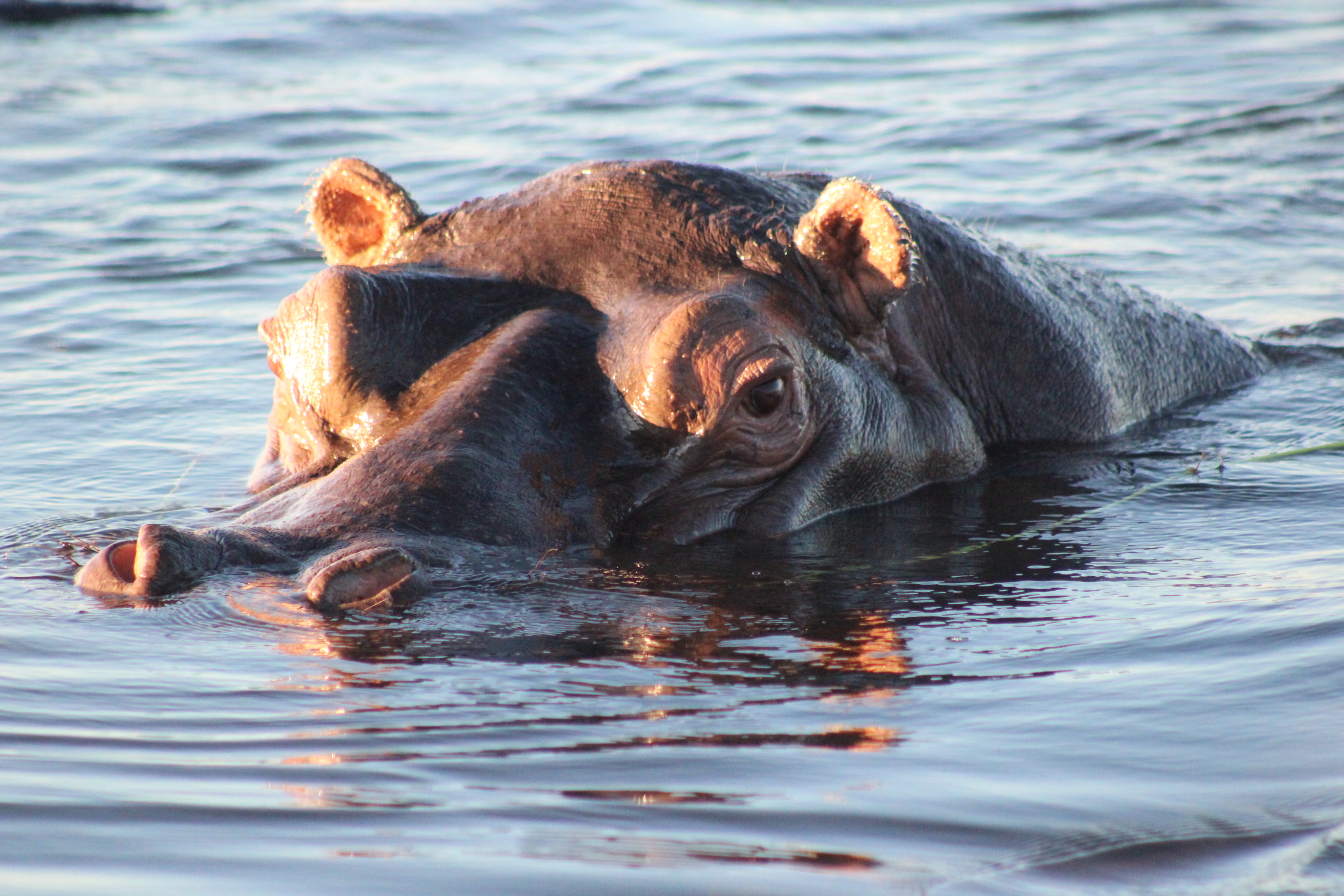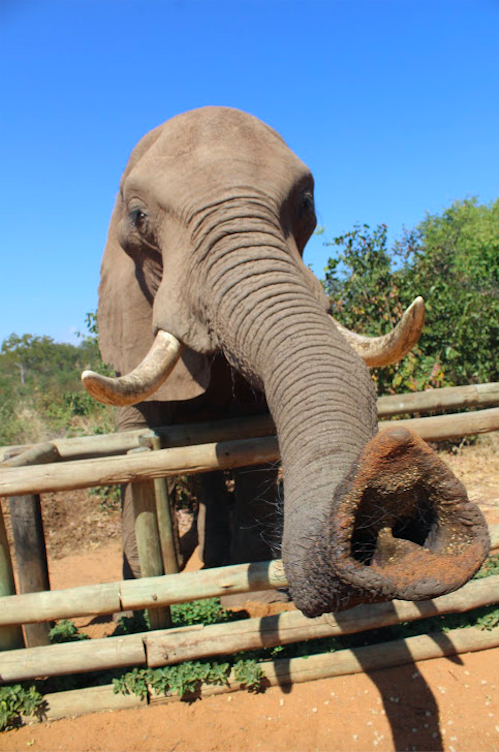A few days after finishing my finals at the University of Georgia I boarded a plane to Stellenbosch, South Africa for five weeks of adventure, learning, and community engagement. My study abroad experience allowed me to immerse myself in the culture of one of the most unique countries in the world, and to see how politics and society are intertwined throughout history. While abroad I took two classes, South African Society and Politics of Development, where we studied how the history and implementation of apartheid continues to negatively impact specific communities throughout South Africa. I also had the opportunity to travel to Botswana and Zimbabwe where I went on game cruises, visited Victoria Falls, and bungee jumped. Although I got to do all those cool things and receive course credit, the most impactful thing I did while abroad was volunteering at a non-governmental organization called Vision Afrika in the local township of Kayamandi. This is the part of my experience that really allowed me to tie what I learned in class to what is actually going on throughout the country.
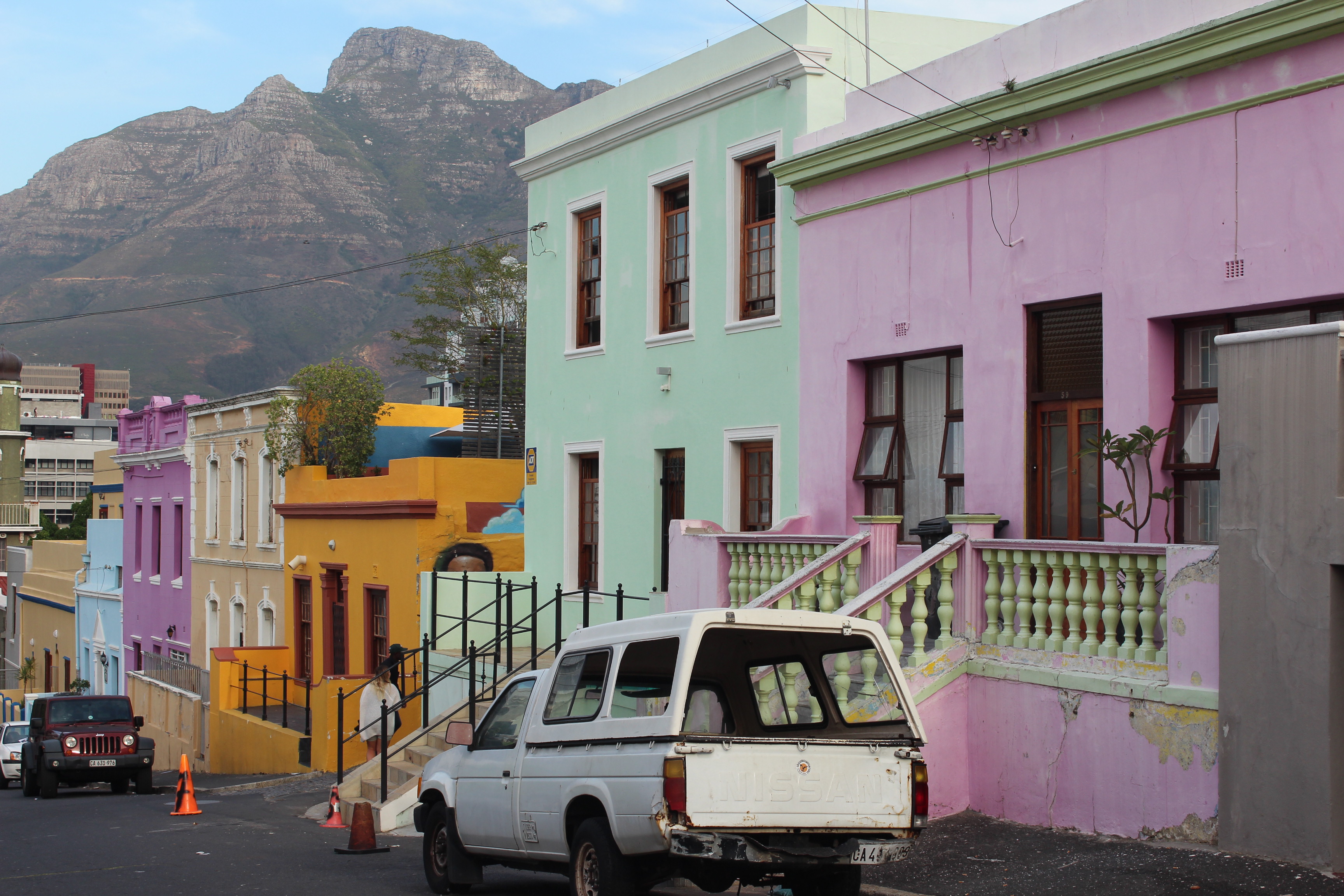
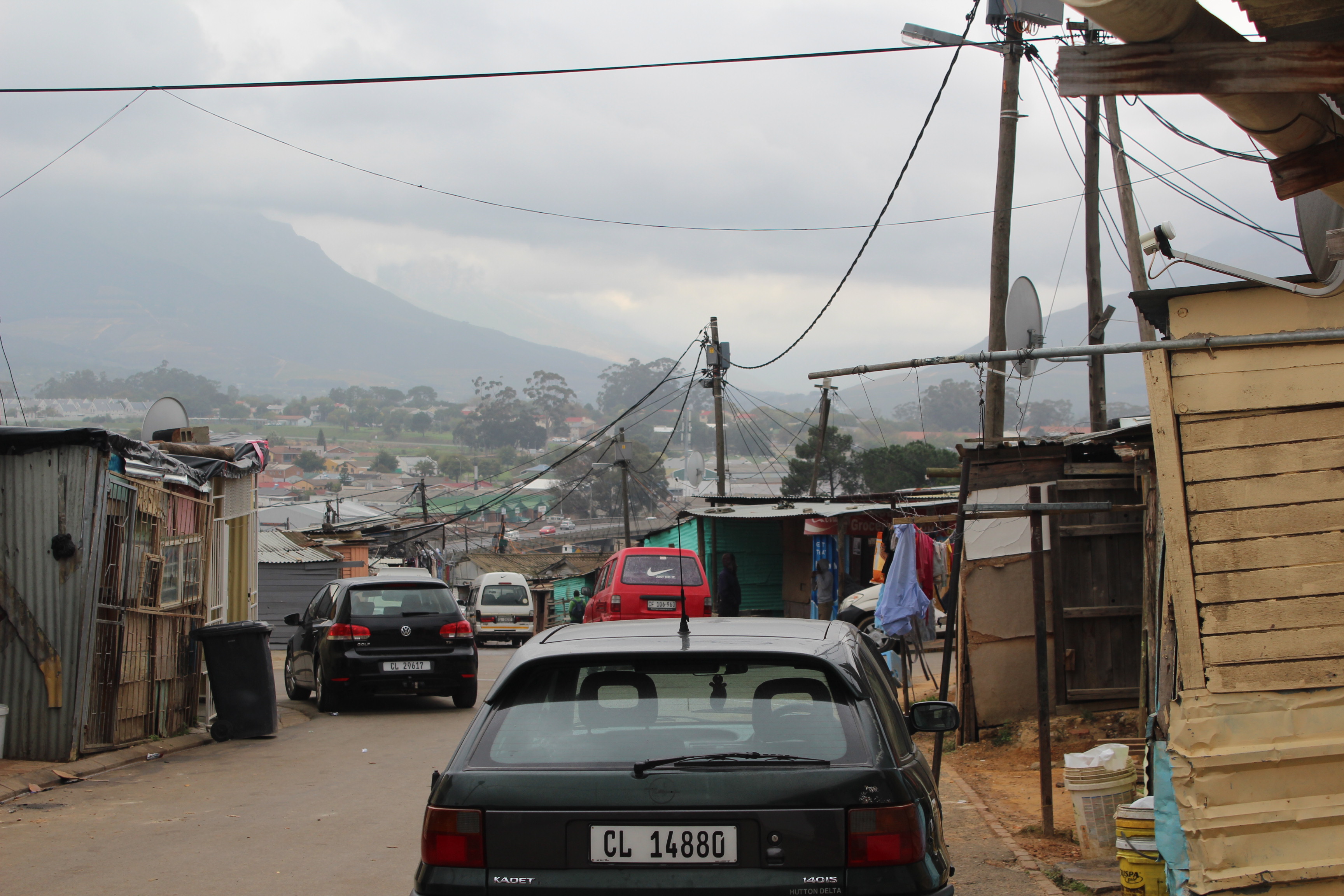
My time in the township of Kayamandi was spent with a class of third graders. With the help of other students studying with me, we put together activities that would allow the kids to practice their English skills while also exercising their creativity. The native language of most of the township kids is Xhosa and Zulu, and it was our job to help them practice language skills while also making a positive impact on the kids. The whole purpose of my program was to get a hands-on experience with how development should occur. By working with the kids in the township I was able to evaluate my own views on development. I learned that development is whenever the people you are trying to help are given the necessary tools to reach their full fruition. Oftentimes, the things we think people need are not things that will help them flourish; what works for some societies may not work for another society. This is something I tried to focus on while in Kayamandi.
I realized the kids did not need a new curriculum or our suggestions for how to function better as a school. The kids need a clean playground without glass all over the ground. They need sponsors to pay their tuition at a school that will help them further their education. They need toys and books that look like them, instead of having only blonde, Caucasian Barbie Dolls. These things that seem miniscule can make more of a difference than what is seen as development by “developed, Western societies.” Many of the kids I worked with had never even been outside of the township and their family has to share one toilet with 10 other families. Things like this are the result of policies enacted decades ago and showed me how kids growing up in townships are at a disadvantage when compared to students from affluent communities so special attention needs to be given to ways that can help them grow.
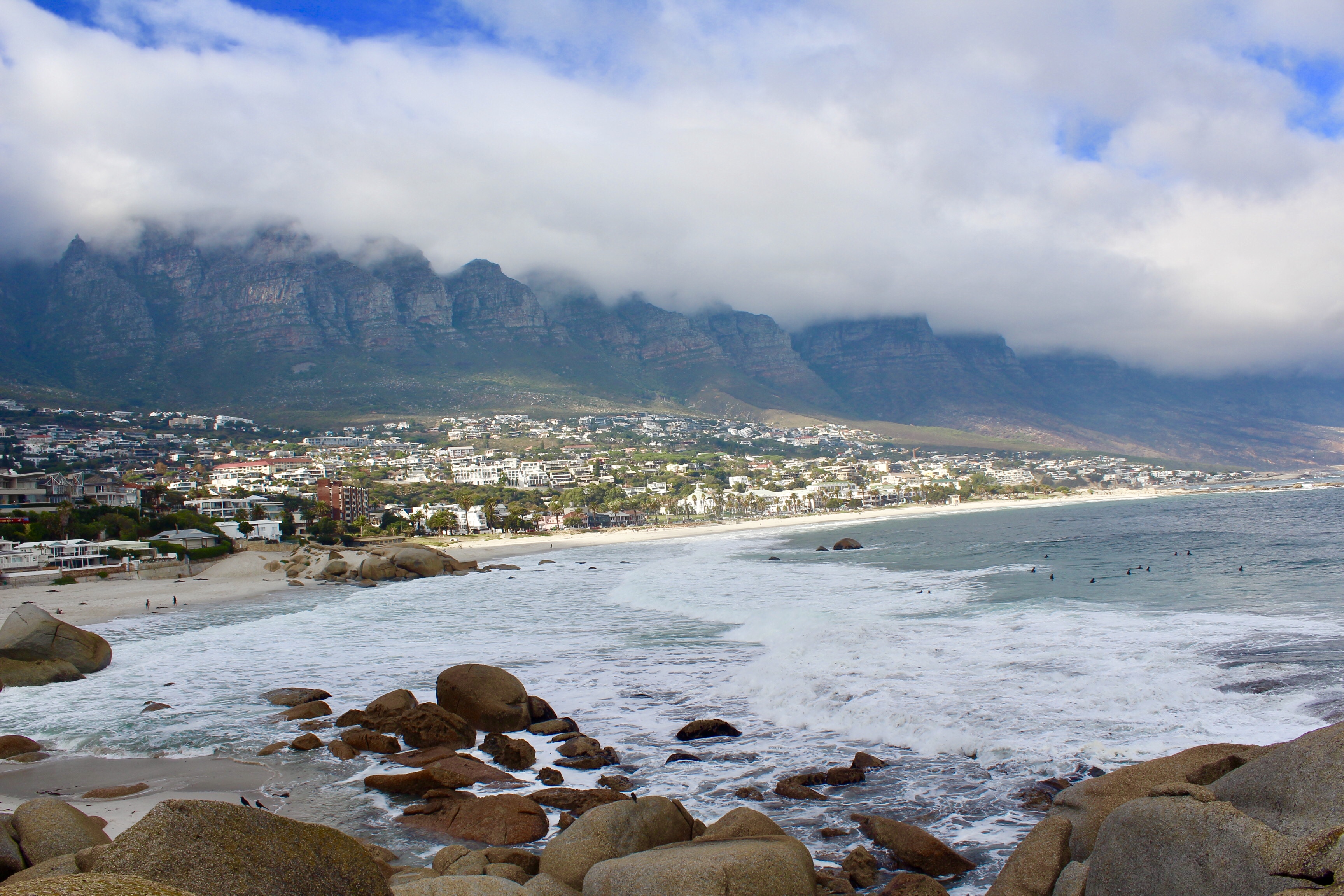
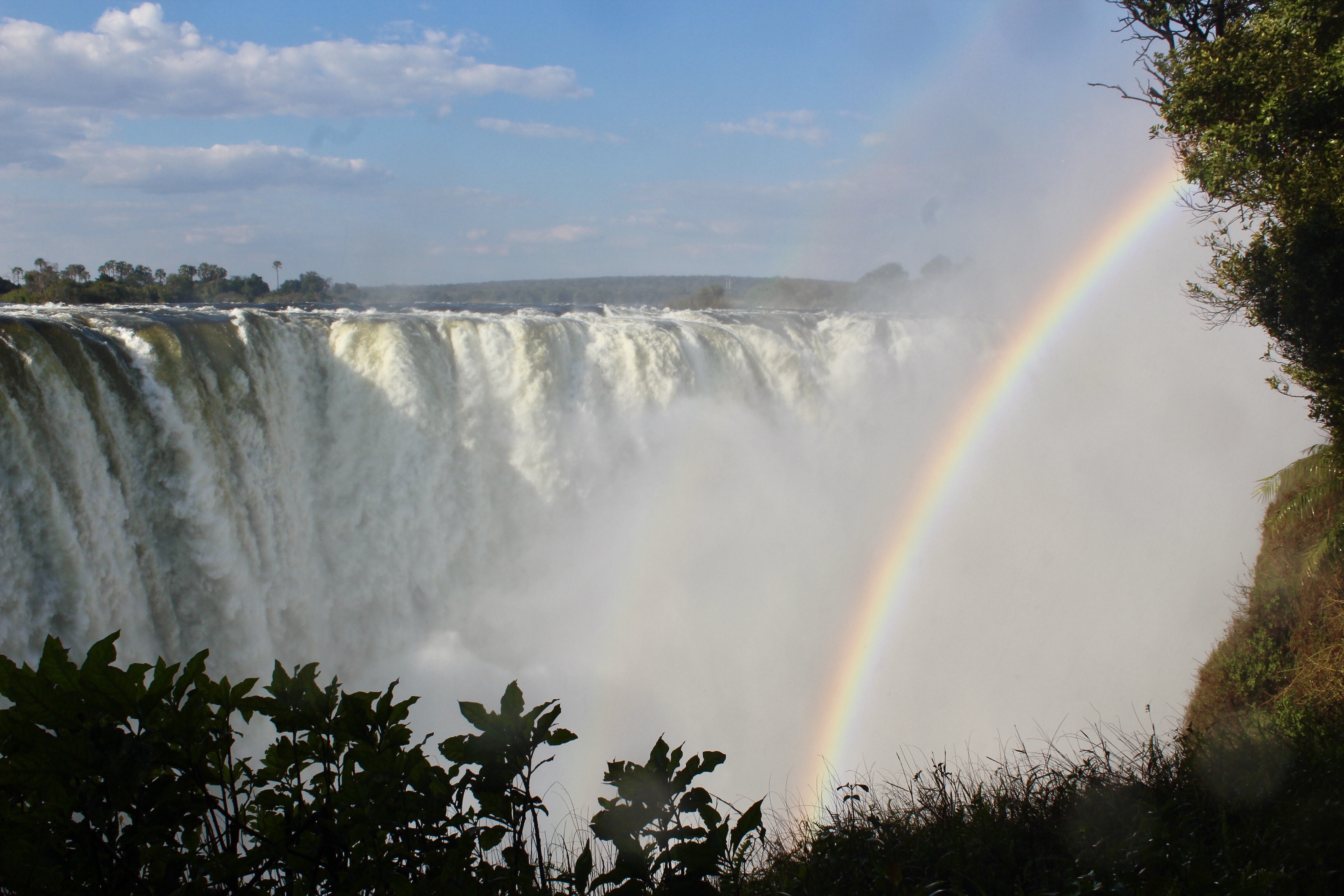
Another thing I learned from this experience is how apartheid, institutionalized racial segregation, came to be implemented in South Africa between 1948-1990 and how it stills affects a majority of citizens today. In my Politics of Development class, we tracked the history of South Africa, its colonization, and how apartheid went from being informally to formally enforced. It was interesting, yet heartbreaking, to see how something implemented 70 years ago continues to disadvantage specific populations and keep them from advancing socio-economically or academically. Townships were originally developed as areas for non-whites by apartheid legislation so working in one allowed me to gain an understanding of how policies can have a lasting impact on communities, even when they aren’t being formally implemented anymore. Oftentimes its structural division and power that keeps certain communities perpetually disadvantaged.
One of the highlights from my trip was having the chance to meet Wilhelm Verwoerd and Willie Esterhuyse. Verwoerd is the grandson of the architect of apartheid and has been disowned by his family for speaking out about the negative legacy of apartheid. Esterhuyse participated in the secret negotiations among the National Party and African National Congress, Nelson Madela’s party, that led to the end of apartheid. It was humbling to meet these two individuals and to hear how their perspective has changed over the years. Conversing with people that were such monumental figures in the downfall of apartheid was a once in a lifetime opportunity, and they both offered words of wisdom to live by like creating trust between enemies in order to facilitate negotiations.
Traveling and immersing yourself in other cultures is one of the best things you can do throughout your lifetime. It is a transforming experience and helps you to see the world from a different lense. You better understand why the world works the way it does, and you can evaluate proper ways to implement progressive change. I hope to take what I learned from this study abroad experience and continue to engage with populations that may not have the resources to have the voice they deserve. When traveling it’s fun to do all of the touristy things like going on safaris, dining at fancy restaurants, and petting elephants, but the most rewarding part is learning about other people and hearing their stories.
By Taylor Ogden
